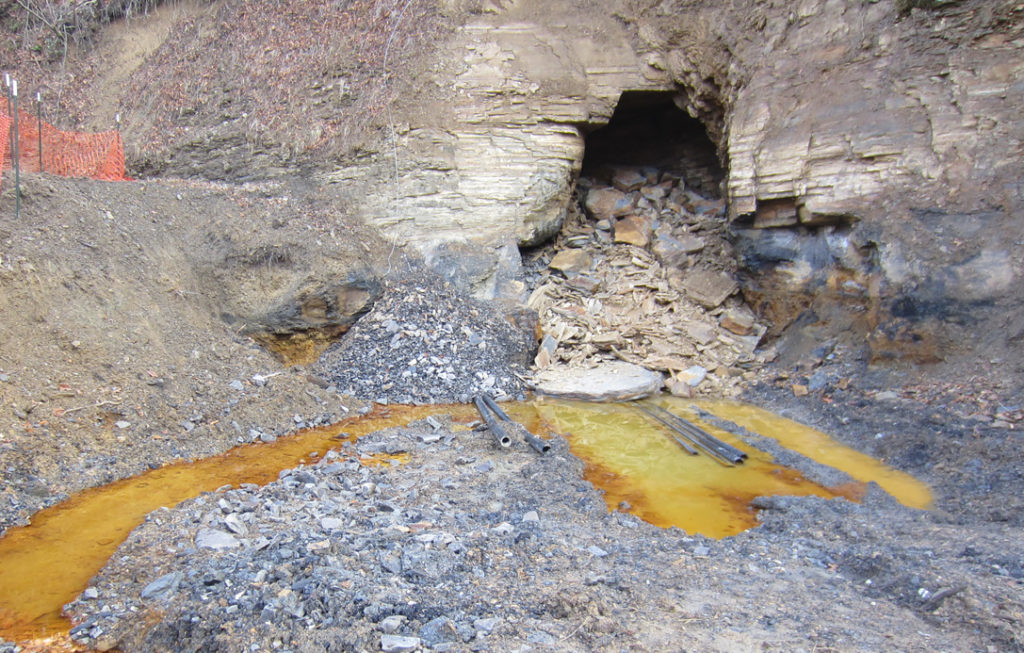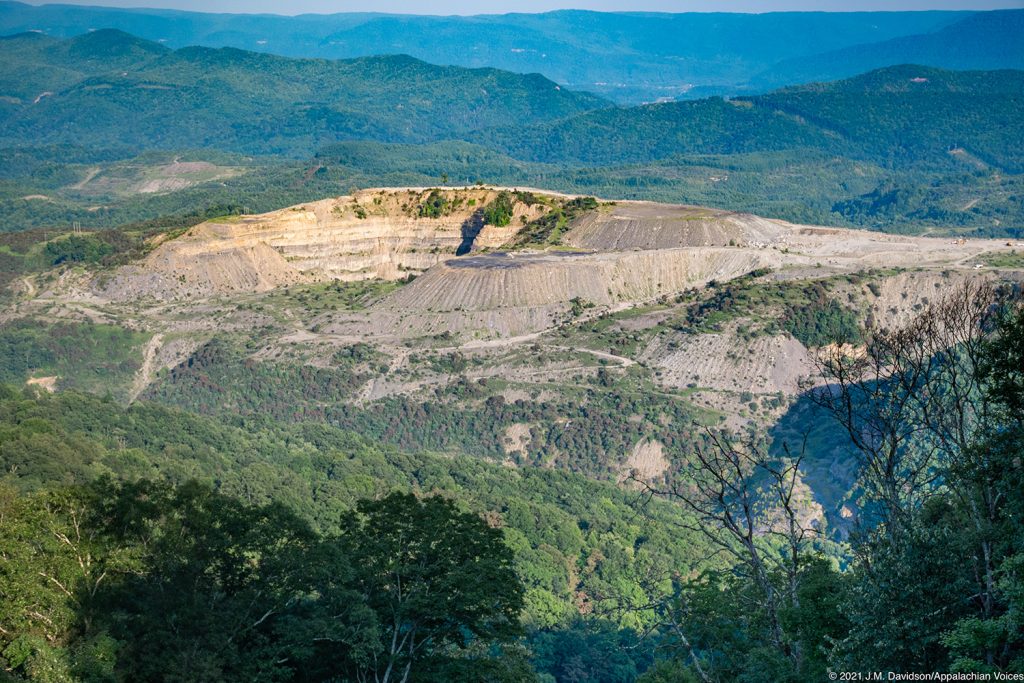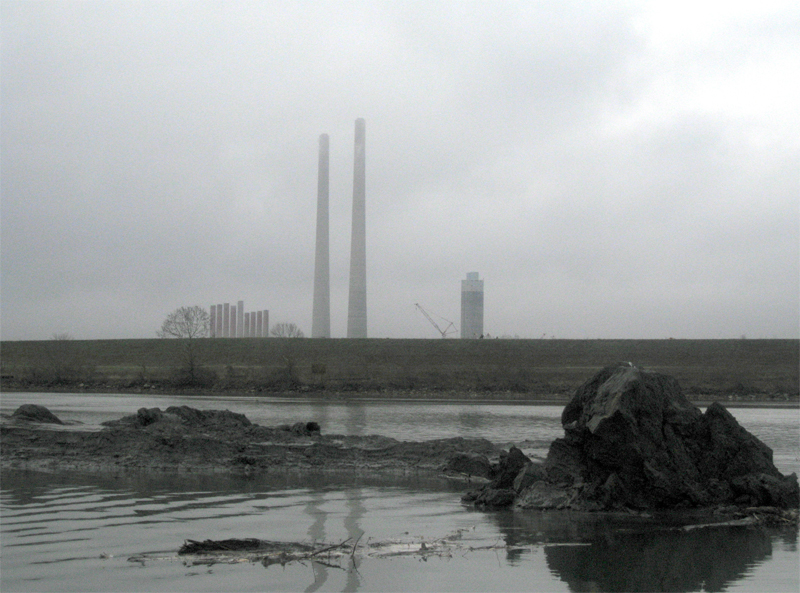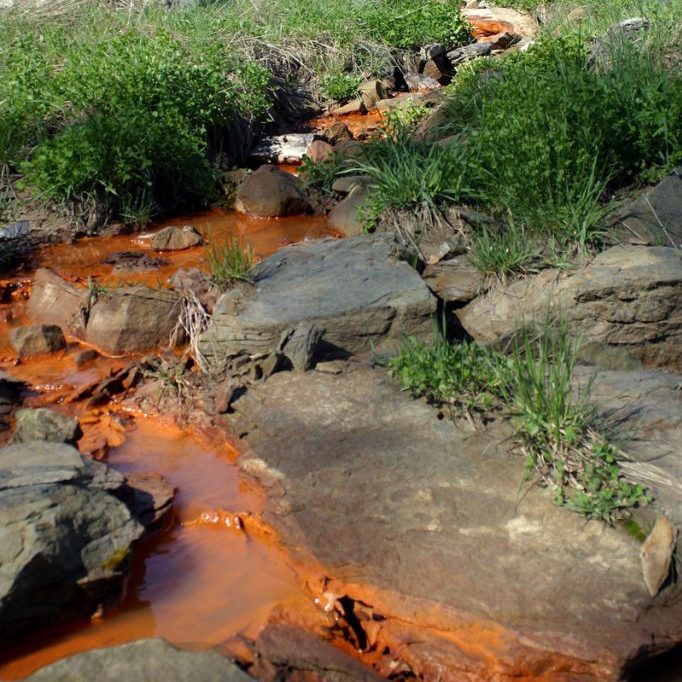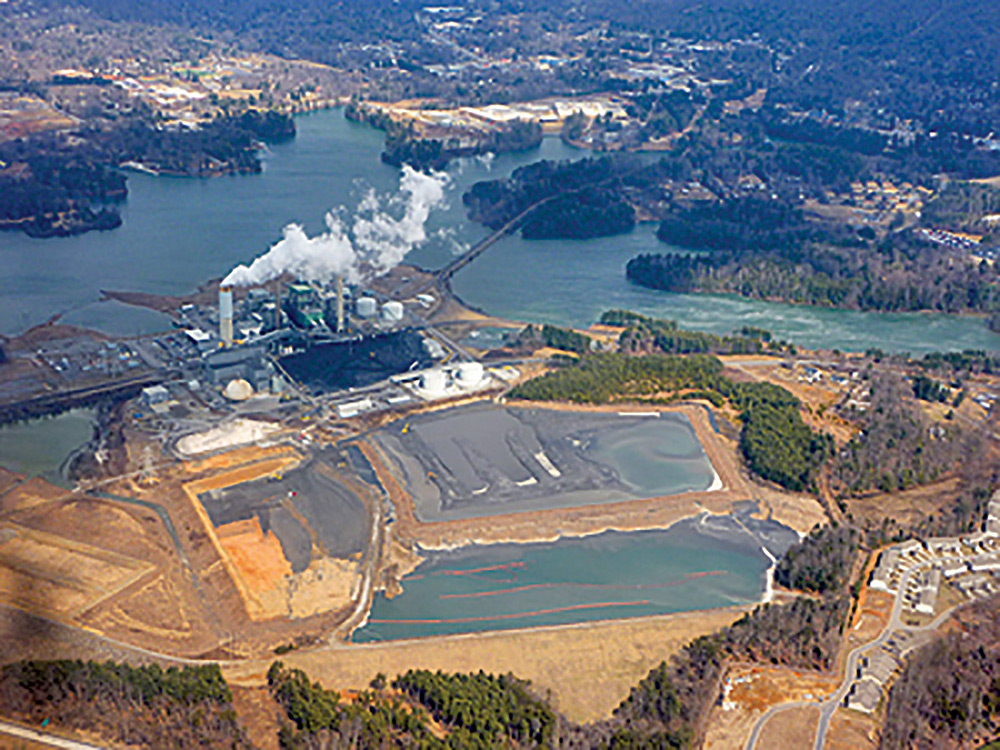Holding the Coal Industry Accountable

An abandoned and decaying structure at the Sugar Cove Mine in Virginia. Photo courtesy of DMME
Centuries of coal mining in Appalachia have left a wake of destruction behind. Thousands of former mine sites still pose health and safety risks, and the extensive environmental damage includes polluted waterways, compromised groundwater, and the loss of 1.5 million acres of forest in one the most biologically diverse temperate ecosystems on the planet.
Residents in this region have dealt with increased illness and shortened life expectancy. Black lung disease is again on the rise, and both current and former miners are fighting to protect their vital healthcare benefits. Communities that depended on the coal industry’s boom years now face daunting financial challenges.
Meanwhile, the bosses and bankers who got rich off of Appalachia realize that the market for coal is continuing to decline. Many are trying to jump ship, taking their wealth with them and leaving the problems for local communities and taxpayers to deal with.

As Appalachian Voices continues to fight new mountaintop removal coal mining permits and monitor existing mines, we are also committed to ensuring that the communities that have long borne the brunt of mining are not left behind. We are determined to hold the coal profiteers responsible for cleaning up the land and water they defiled and fulfilling their obligations to miners and their families.
Communities near mines and power plants are among those that often face elevated air pollution. We’re working with 16 community groups and two universities to track air quality in communities throughout Kentucky, Pennsylvania, Tennessee, Virginia and West Virginia with about 80 monitoring devices. These are deployed at in communities near fossil fuel infrastructure and other industries.
Similarly, the communities living near coal-fired power plants have suffered the burden of air and water pollution created by burning coal for electricity. Our years-long campaign alongside North Carolina communities impacted by Duke Energy’s dangerous storage of coal ash resulted in statewide cleanup orders, and we are committed to making sure the massive utility follows these rules.
We’re also working with communities in East Tennessee, site of the first major coal ash disaster in the country, to ensure that coal ash is stored in ways that protect residents, workers and waterways. And we’re engaged in legal challenges against Trump-era rollbacks on federal regulations for coal ash handling.
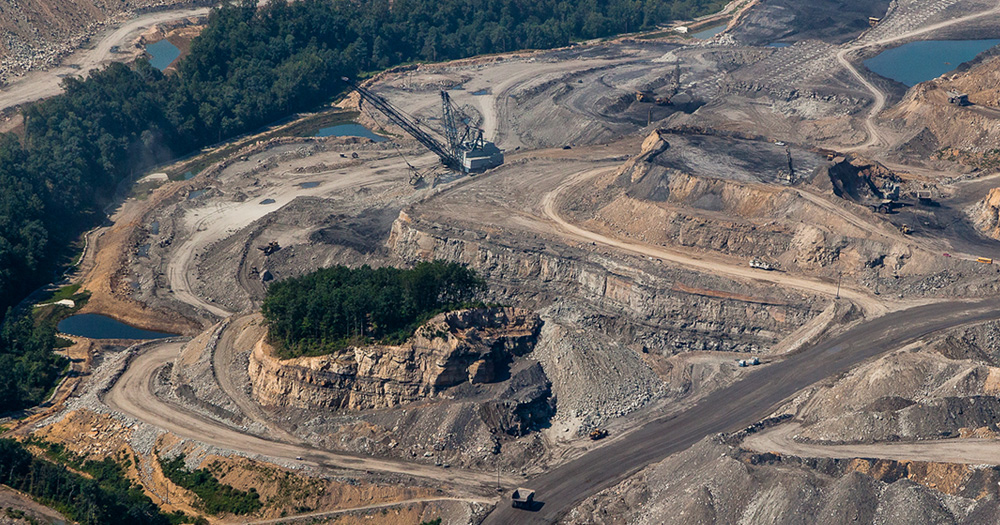
Ending Mountaintop Removal
Since the 1970s, the coal industry has blown up more than 500 of the oldest, most biologically rich mountains in America and destroyed more than 2,000 miles of headwater streams. Despite an ongoing citizen movement to end the destruction, and despite the decline in coal, it’s still happening.
Protect coal miners: Oppose cuts to NIOSH and MSHA
Black lung disease continues to ravage coal mining communities, despite regulations that are supposed to make their job safer. Unfortunately, the federal agencies that provide essential health services to miners are facing cuts.

Latest News
Coal slurry spill in West Virginia linked to Alpha Natural Resources affiliate
A coal slurry spill on March 23, 2017, leaked approximately 5,400 gallons of coal slurry into Crooked Run, a tributary of the Coal River. The processing plant in Boone County, W.Va., where the spill originated is affiliated with Alpha Natural Resources.
Coal Ash Storage and Cleanup Problems Continue Across the Southeast
Across the Southeast, problems related to the cleanup and storage of coal ash continue to plague area residents.
Could Concrete Help Get Coal Ash Out of Neighborhoods?
More than 150 million tons of coal ash are stored in impoundment ponds across North Carolina. Recycling the ash for use in concrete may provide a way to remove this toxic material from neighborhoods.
Gov. Cooper nominates new environmental secretary
Gov. Roy Cooper has appointed Michael Regan as the next secretary of the N.C. Department of Environmental Quality. Regan pledged to develop greater transparency at the agency. That alone could signal a shift from the prior DEQ leadership’s approach to public engagement on environmental issues.
Trouble is afoot in NC special session
After days of deflecting questions and refusing to explain their priorities for the “emergency session,” Republicans introduced a slew of bills that would make sweeping changes and dramatically shift the balance of power away from the governor. Take action to stop this blatant abuse of power.
Coal Ash Cleanup News in North Carolina and Georgia
Across the Southeast, communities near coal ash impoundments continue to face challenges in getting these facilities cleaned up.

